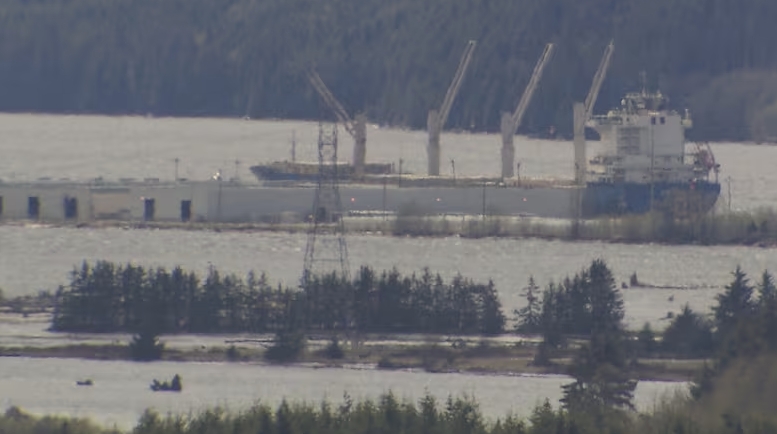B.C. Aluminum Smelter Confident in Finding New Buyers Amid U.S. Tariff Threats
Shraddha Tripathy
2/11/20252 min read


As new U.S. tariffs on aluminum take effect, B.C. officials say they are confident the province’s largest aluminum producer, Rio Tinto’s Kitimat smelter, will be able to find alternative buyers beyond the American market.
Speaking Monday, B.C. Trade Minister Ravi Kahlon said Premier David Eby had recently met with Rio Tinto executives, who expressed a “good level of confidence” in quickly securing new markets for aluminum exports.
“Though these tariffs will have an impact in the short term, global demand for low-carbon aluminum remains high,” Kahlon said. “B.C. produces some of the cleanest aluminum in the world, and that’s something international buyers value.”
The Impact of U.S. Tariffs on B.C.
The Kitimat smelter, which operates alongside a hydropower facility, contributed $517 million to B.C.’s economy in 2023 and produced 377,000 tonnes of aluminum. It also supports roughly 1,500 jobs in the region, according to local MP Taylor Bachrach (NDP, Skeena—Bulkley Valley).
Bachrach warned that the tariffs could significantly impact jobs and the local economy.
“This is a direct threat to our economy, and the U.S. president seems determined to inflict maximum damage despite our long-standing trade relationship,” he said.
Eby Travels to Washington for Trade Talks
Amid the escalating trade tensions, Premier Eby and a delegation of Canadian premiers are traveling to Washington, D.C., this week to meet with Republican lawmakers and attempt to dissuade the U.S. administration from further tariff measures.
"This trip is about making it clear that these tariffs don’t just hurt Canadian families—they also drive up costs for American consumers," Eby said before departing.
The premier pointed out that the U.S. only produces 1.5 million tonnes of aluminum annually, despite domestic demand exceeding 5 million tonnes.
“These tariffs amount to the U.S. taxing itself on a resource it desperately needs,” Eby said.
Calls for Retaliation—but with Caution
The new tariffs on Canadian aluminum and steel follow a temporary pause on broader tariffs that were initially planned to hit a wide range of Canadian exports.
While Canada has not yet announced retaliatory measures, resource industry leaders say any response should be carefully crafted to avoid harming B.C. businesses.
Margareta Dovgal, managing director at Resource Works, warned that aggressive countermeasures could backfire on local manufacturers.
“We need to retaliate, but we also need to be strategic,” she said. “If we go too far, it could force businesses to freeze hiring or even shut down operations.”
With the B.C. government pushing to expand trade within Canada, Kahlon said that interprovincial commerce is now a priority, and recent talks with other provinces show progress in removing long-standing trade barriers.
As B.C. looks for new markets and trade solutions, the coming weeks will test whether the province’s global reputation for sustainable aluminum production can help offset the economic blow from U.S. tariffs.
News
Stay updated with the latest BC news stories, subscribe to our newsletter today.
SUBSCRIBE
© 2025 Innovatory Labs Inc.. All rights reserved.
LINKS
